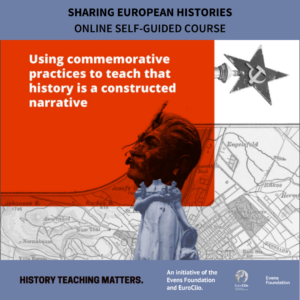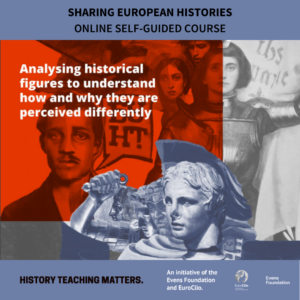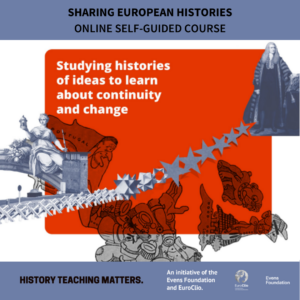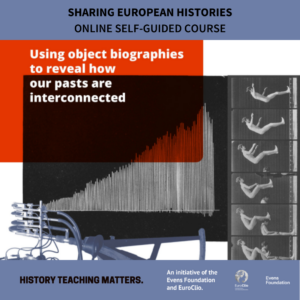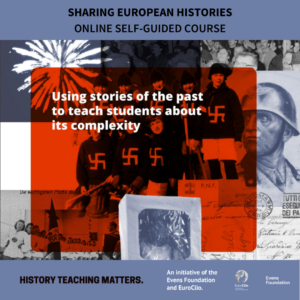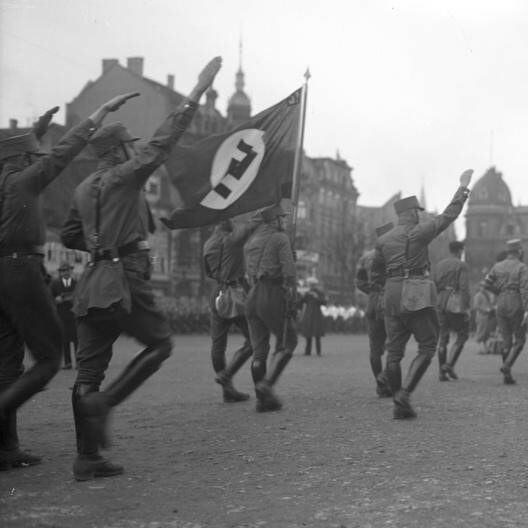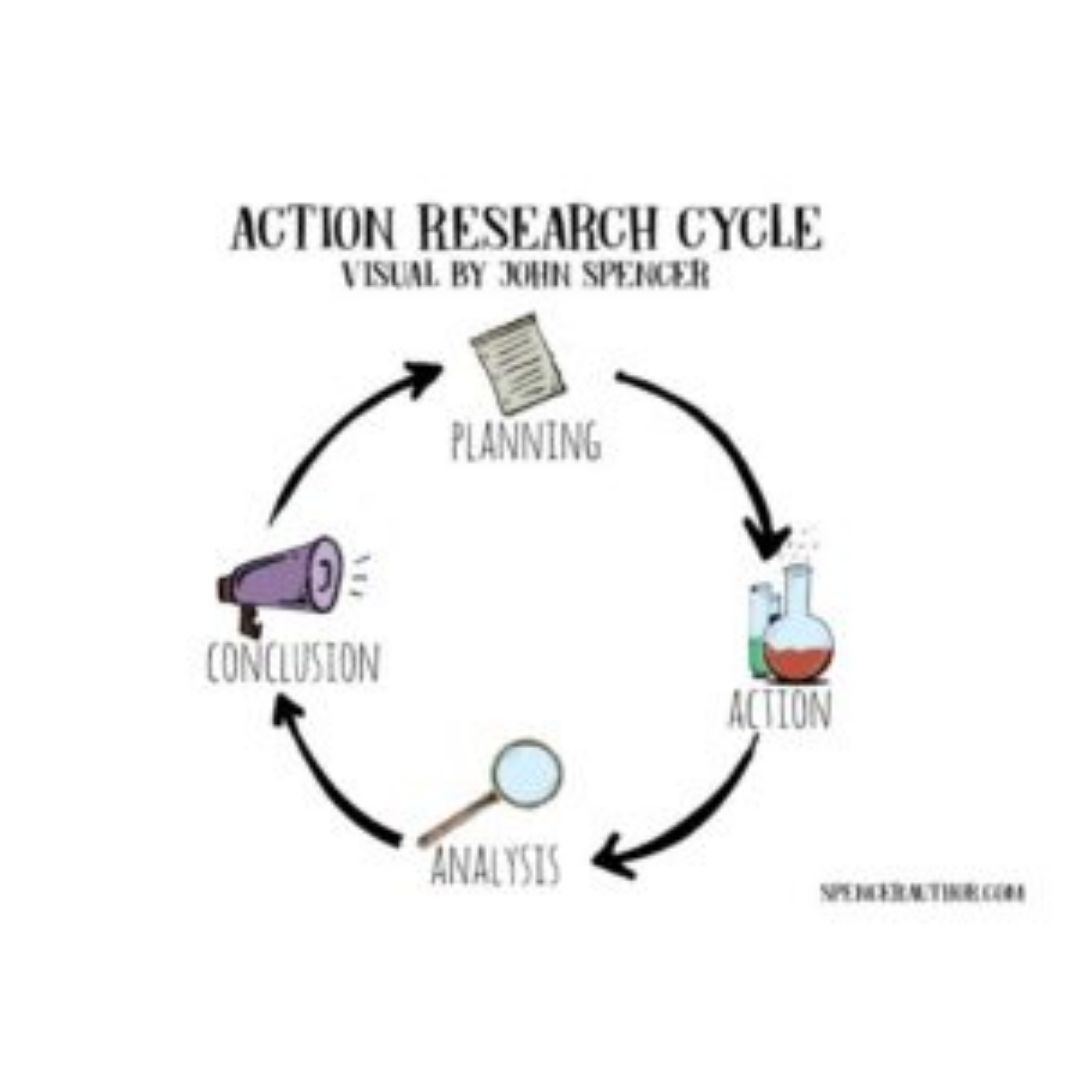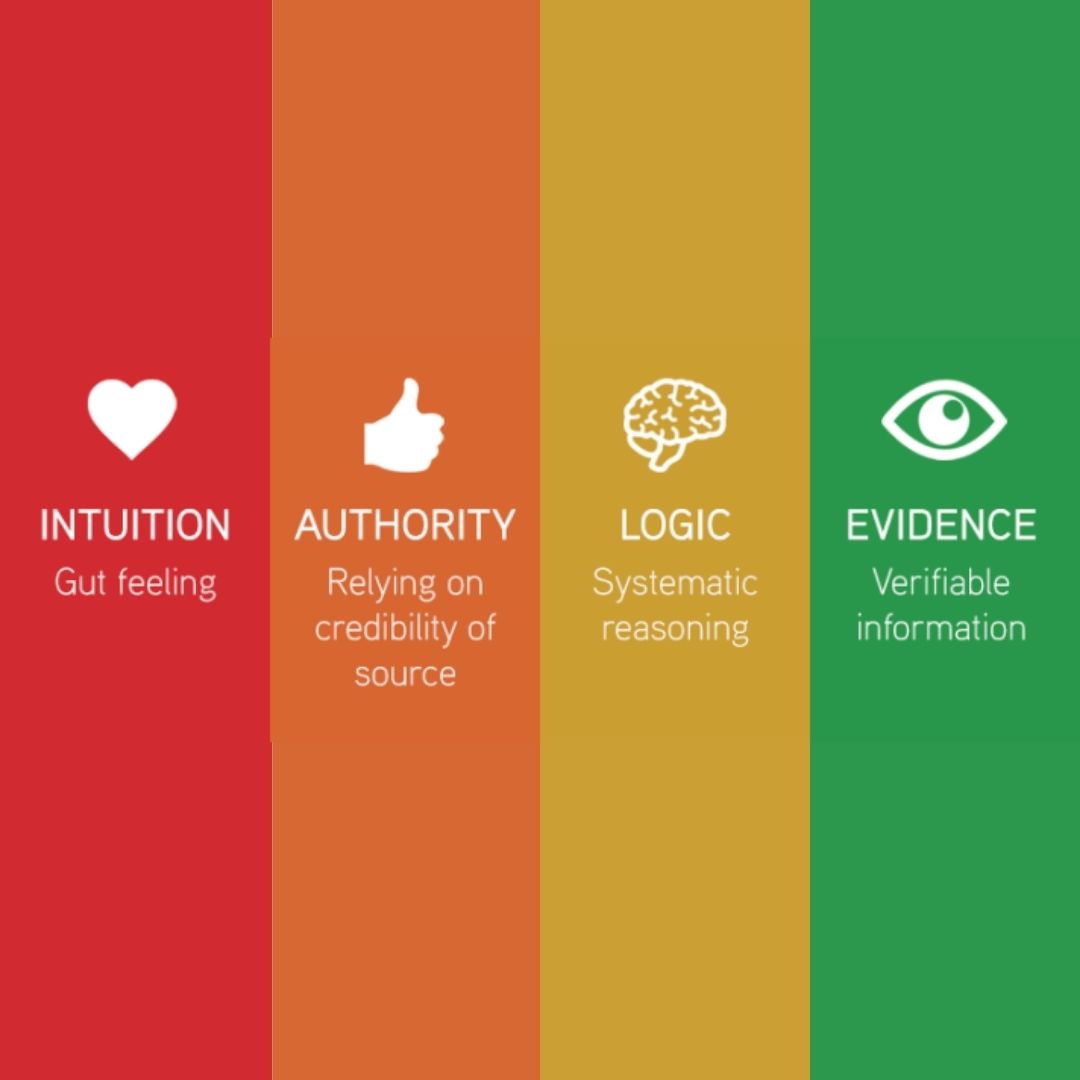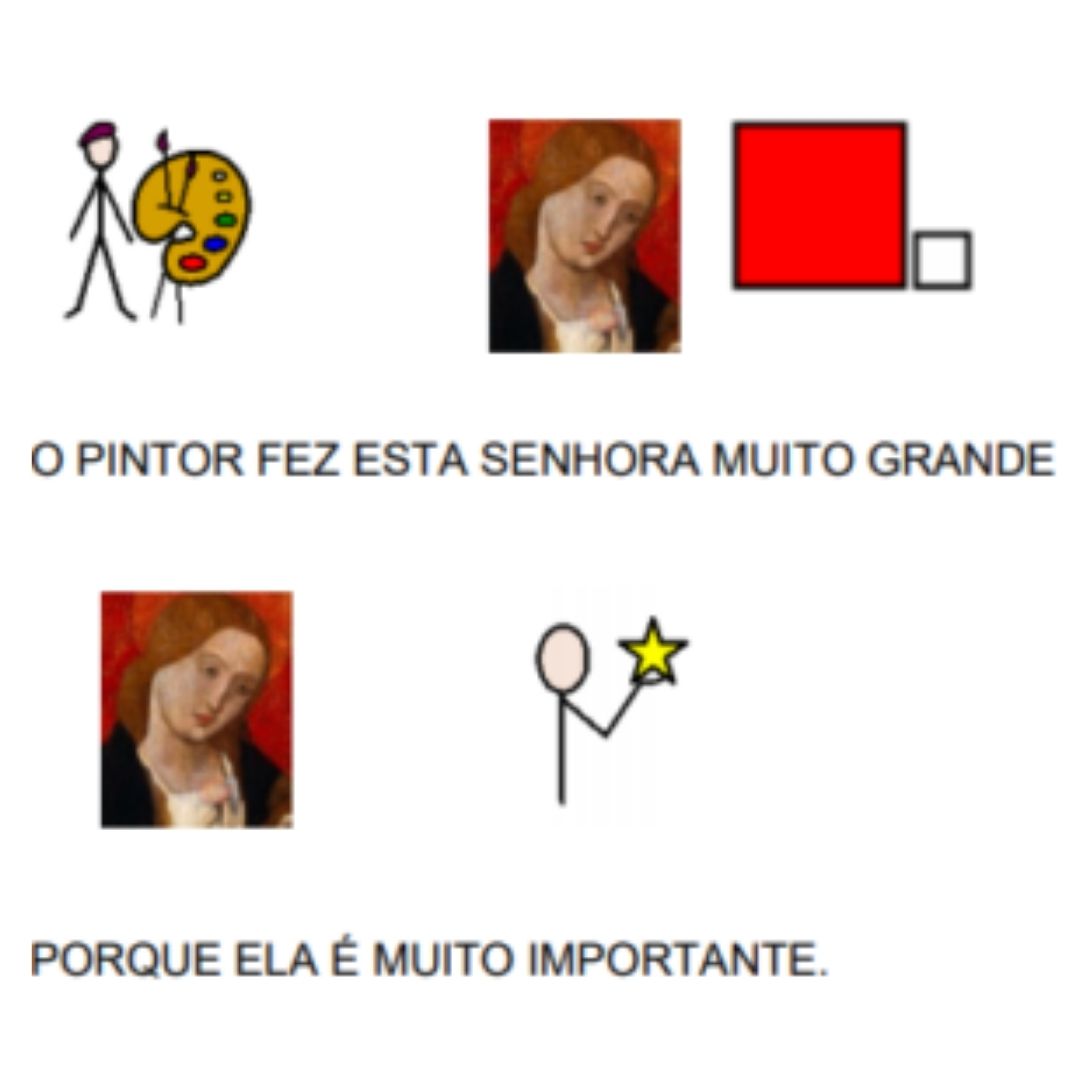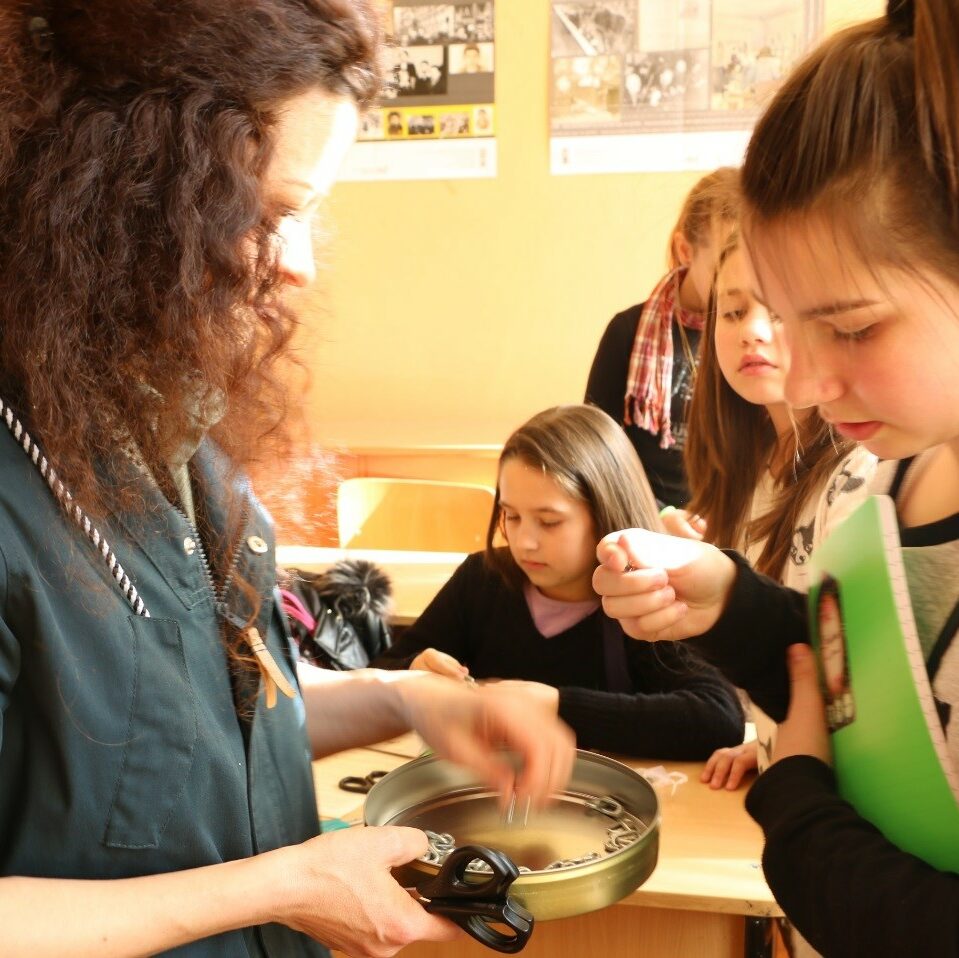Kindly developed by; Ana Zdravkovic, Juraj Varga, Bistra Stoimenova, Lilia Khachatryan and Ildikó Hegedűs
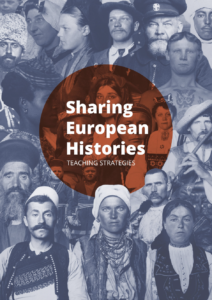
Welcome to the resources pack resulting from the Sharing European Histories self-guided course. The online course, which took place in November and December of 2021, formed part of the Sharing European Histories Project – an initiative of EuroClio and the Evens Foundation. Throughout the project, 5 teaching strategies on European History have been created by a team of teachers, researchers and curriculum developers.
During this self-guided course, we had the opportunity to dive into each of the five different strategies, along with local teachers and experts across Europe. Local teachers, from (Ana) Poland, the Czech Republic, Bulgaria, (Lilia) Armenia, and Hungary guided us through the Teaching Strategies and also how they have used these strategies to create and implement a lesson plan in the classroom. These lesson plans are available down below and are based off of the following five Teaching Strategies:
- Using stories of the past to teach students about its complexity
- Using commemorative practices to teach that history is a constructed narrative
- Analysing historical figures to understand how and why they are perceived differently
- Studying the history of ideas to learn about continuity and change
- Using object biographies to reveal how our pasts are interconnected

